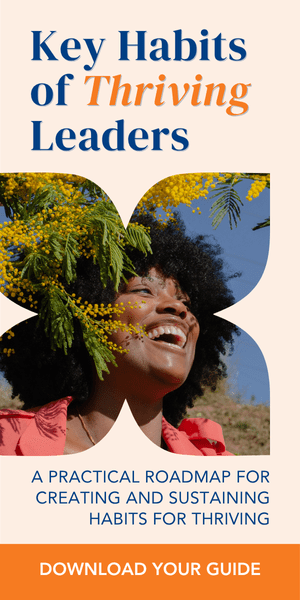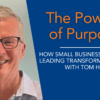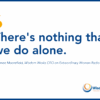 For the past few months I’ve been on a leadership team tasked with developing a 10-year strategic plan to promote active healthy lifestyles within the Russian Federation. Like any endeavor this huge and complex, moments of frustration have peppered the project; yet I can say (grinning from ear to ear) that the effort has been a sincere delight. I feel like I’m doing work I’ve been preparing for my entire life.
For the past few months I’ve been on a leadership team tasked with developing a 10-year strategic plan to promote active healthy lifestyles within the Russian Federation. Like any endeavor this huge and complex, moments of frustration have peppered the project; yet I can say (grinning from ear to ear) that the effort has been a sincere delight. I feel like I’m doing work I’ve been preparing for my entire life.
In the first phase of the project, our mission has been to study the best approaches for creating population health and wellbeing, given the intriguing blend of cultures and history which make up this country. This means I’ve been scouring research reports from the World Health Organization, Gallup, World Bank, Centers for Disease Control and Prevention, and many others. I’ve been interviewing leaders from global corporations, governmental organizations, local communities, and non-governmental agencies, such as Russia’s National Research Centre for Preventive Medicine. (I have to say my interview with Igor Glasunov, former director of the Centre, was one of the most enlightening–what an endearing gentleman!) I’ve gained amazing insights about how Russians distinctively think about, value, and bring about health and wellness behaviors in their lives.
For me, one particular insight jumped to the front of the line. According to the Global Monitor, a yearly assessment done by the Futures Company, only 19 percent of Russians believe they can actually affect their health and wellbeing. Compare that to the close to 60 percent of U.S. citizens who do. Wow! As we settle into a new year, I’m struck with the question: What does it mean when only one in five people believe that they can influence positive change?
In pondering this question, I realize how steeped I am in the notion that to make positive, sustainable change in your life, you must– at least to some degree– believe you can accomplish it. Indeed, this belief that you have the power to improve your life situation is a source of energy and motivation for modifying behavior, both for you and me and for the communities and nations all around the world which are striving to evolve into healthier ways of operating.
As you craft your New Year’s resolutions and map out the actions you’ll use to achieve them, consider this: Do you actually believe you can effect changes for the better in your life and work? If not, then rewriting that limiting belief could be a powerful first step in how you lead the changes you want. And if you would like an inspirational soundtrack to help you address this meaty question, may I recommend the beautiful a cappella song “Kinder” by the trio Copper Wimmin? I cannot think of better music to get you in the right mood for believing in yourself:
The happiest of new years to you, dear reader. May you enjoy health and wellness in your experience each and every day. And may you be a walking invitation for a deep level of wellbeing for all other members of our human family.
Photo by Giuseppe Zeta






